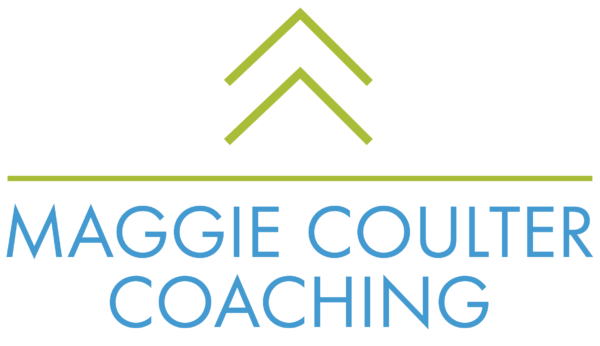Daring Awareness
The situation:
Like almost everybody I know, my life is hectic and busy and often overwhelming. Work consumes most of my time and even though I don’t have kids, I’m still up early on weekends and running all over town on weeknights, responding to various demands on my attention.
As a result, I’ve had to learn how to cope with a constant sense of urgency in a way that doesn’t involve more tasks and to-do’s.
My life wasn’t always like this. When I worked full-time in the financial industry, I could compartmentalize my work more easily, simply by walking out of my office building at the end of each day. I could take a week’s vacation and barely check my email. Even when I first started my coaching practice, I had far more time on my hands (although I was very anxious about that and couldn’t really appreciate it).
As an entrepreneur, I had to be willing to do more and at any time, often according to what was best for other people’s schedules rather than my own. Suddenly, every hour in my day on any day of the week could be allocated towards client work or business-building activities.
“How am I going to manage,” I thought, “without overdoing it?”
The opportunity:
While my work was shifting into higher and higher gears, I was continuing to explore two complimenting avenues: mindfulness meditation (in this context, training your brain to “let go” of your thoughts by focusing on your breath), and developing emotional awareness through monitoring* (regularly paying attention to physical sensations which represent underlying emotion, i.e. a tight chest or stomach usually means anxiety, an aching/empty feeling can denote sadness, heat in the face or pressure in the head can point to anger, etc.).
Neither of these practices require a lot of effort; rather, they can last just a moment while you’re in the middle of doing other things. What they’re really about is accepting what is going on inside your head (thoughts) and your body (emotion), in response to what’s going on outside of you (phone calls, emails, commuting, performing work or life activities, being in relationships).
Mindful meditation and monitoring invite you to stop fighting the chaos and overwhelm and just notice yourself in it.
Often the biggest cause of my own stress is a need and compulsion to control my busy schedule, to keep things in check and thereby avoid the feelings that underlie my behaviour (each of us has our own way of avoiding how we feel, whether it’s being controlling and perfectionist, or procrastinating and self-sabotaging, etc.).
By learning how to let go of my worrying or controlling thoughts in the moment and notice how I’m feeling instead, the pressure lifts and I don’t have to work so hard anymore. True, some emotions aren’t always easy to experience at first, but with practice (and support as needed), they do become quite bearable. I even look forward to discovering what’s really going on for me underneath all of that stressed thinking.
Invariably, my emotion-based insight leads to making a new choice, one that serves me better in all of my busy-ness. For example, I may think I don’t have time to take a walk but through a meditative or monitoring moment, I can become aware that this is only how I’m perceiving things based on the anxiety I’m feeling (relating to how I think I should be performing), and that I can actually choose to take a walk if I want, and even realize that a break boosts my creativity further.
The practice:
Mindful meditation and monitoring are the official practices for being with what is, however neither can be accessed without first making a choice to stop fighting how you’re feeling for a moment, and become open to what you’re experiencing in mind and body. That takes a little more courage and daring. Being with difficult feelings is not a “popular” choice in our culture and yet with the right kind of support, it can lead to more insight and opportunity than otherwise possible.
How daring are you wiling to be, in order to create inner calm and simultaneously experience life to the fullest?
For your own reflection:
- What causes you the most stress in a hectic day?
- How aware are you of the thoughts you’re having, and the emotions underneath?
- What impact do you think it would have to let go of your thoughts and just notice how you’re feeling, especially in a stressful moment?
*Monitoring is a term and concept developed by Dr. Eva Phillip, a Toronto-based professor and psychotherapist.
